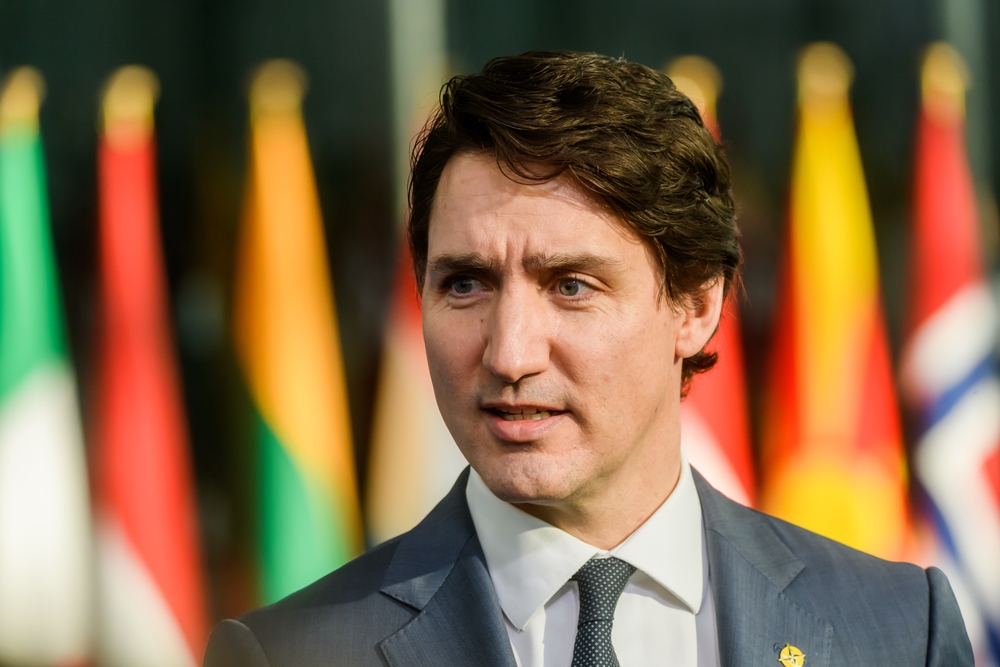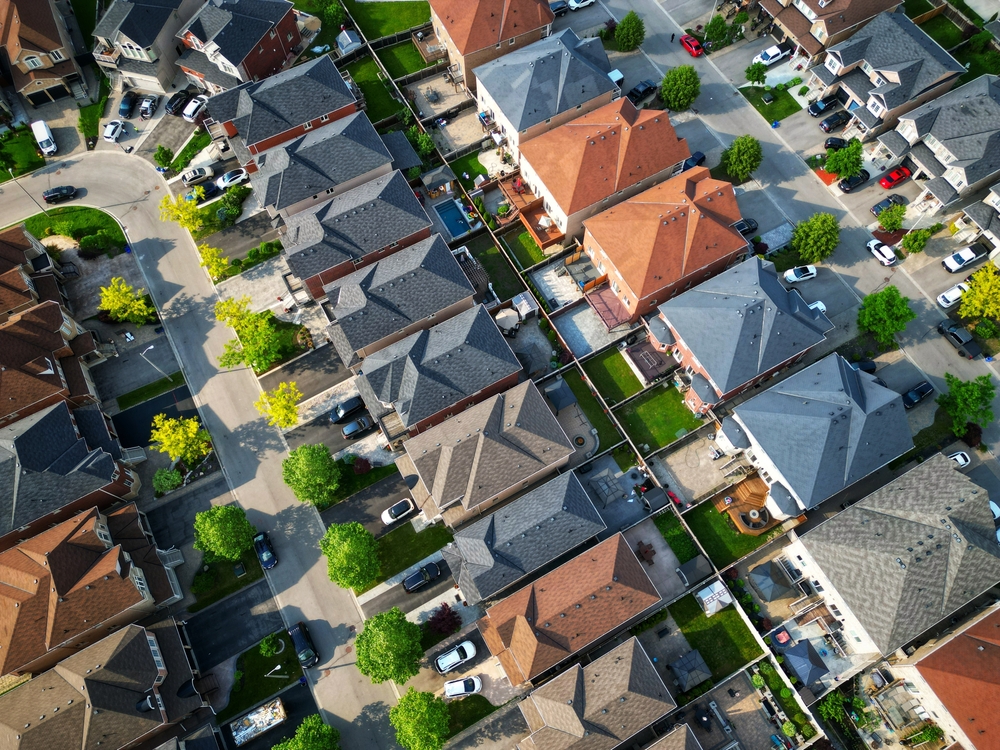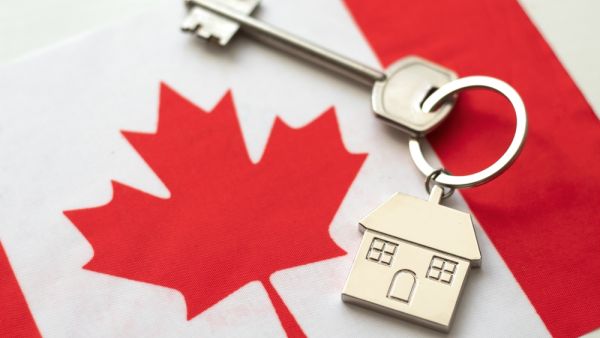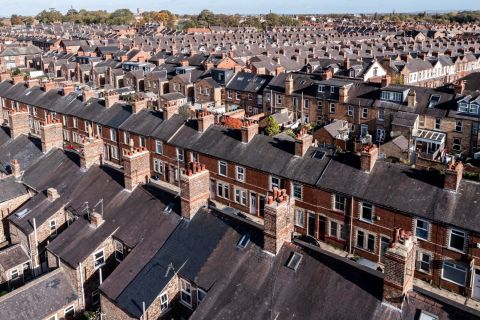EU, Canada behind on affordable housing, stoking a silent property crisis
ALBAWABA – Canada may join the global property crisis club as Prime Minister Justin Trudeau’s government prepares to further widen the country’s deficit to finance spending on housing programs and industrial subsidies, news agencies reported Wednesday.
The government will invest an additional C$15 billion ($10.93 billion) in new loan funding, starting 2025-26, for the Apartment Construction Loan Program, totalling more than C$40 billion ($29.15 billion).
This will support more than 30,000 additional new homes, according to Reuters, bringing the contribution to more than 101,000 new homes supported by 2031-32.

Canada may join the property crisis club as Trudeau's government widens deficit to finance housing program - Shutterstock
Overall, the total cost of the new tax and spending measures stands at C$20.8 billion ($15.2 billion) over six years, according to a fiscal update from Finance Minister Chrystia Freeland.
Freeland is planning to borrow more at a time when many economists are concerned with rising interest costs and the risk of a recession, Bloomberg reported.
Delivering the government’s Fall Economic Statement, Freeland’s address doesn’t include a timeline for a return to a balanced budget. It also forecasts a slower decline in Canada’s ratio of debt to gross domestic product.
Canada’s Debt-to-GDP ratio is set to rise to 42.7 percent in the next fiscal year, before falling to 39.1 percent by 2028-29, according to Bloomberg.
In Europe as well as in Japan, many major economies are behind on their affordable housing targets, stoking an underlying, silent property crisis that could lead to a perfect storm, globally, in terms of housing.
Like Europe, Canada’s property crisis is actually be political
There being no ambitious plan to reduce debt highlights the political circumstances faced by Trudeau and Freeland, and their Liberal Party.
They are slumping in opinion polls against their Conservative opponents, who have hammered the government on housing affordability and the cost of living crisis, among other financial and fiscal matters. The conservatives accused Trudeau and his government of stoking inflation with deficits.
In an attempt to get ahead of the curb, Trudeau is building housing supply to improve affordability through these funds, in low-cost financing for apartment construction. In addition to a C$1 billion investment for non-profit housing providers and the removal of the goods and services tax from new rental housing projects, and repurposing some federal lands for housing.

Canada may join the property crisis club as it widens deficit to finance affordable housing program - Shutterstock
Debt-service payments are forecast to jump to 10.8 percent of revenues, according to Bloomberg calculations, pushing past the so-called Dodge rule next year.
Notably, former Bank of Canada Governor David Dodge, after whom the rule was named, persistently urged the government to keep interest costs below 10 percent of revenue. Hence, the Dodge rule.
At higher borrowing costs, with interest rates and yields up, it is difficult to determine the trajectory of Canada’s public finances, as the government races to capture support on popular issues, such as affordable housing, which is one of the main platforms of the conservatives.









